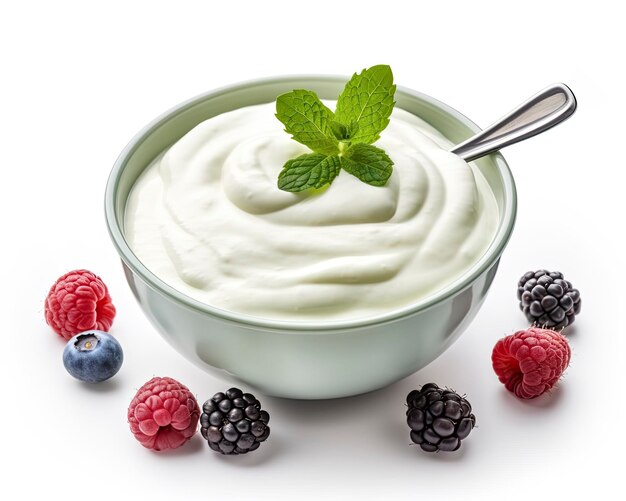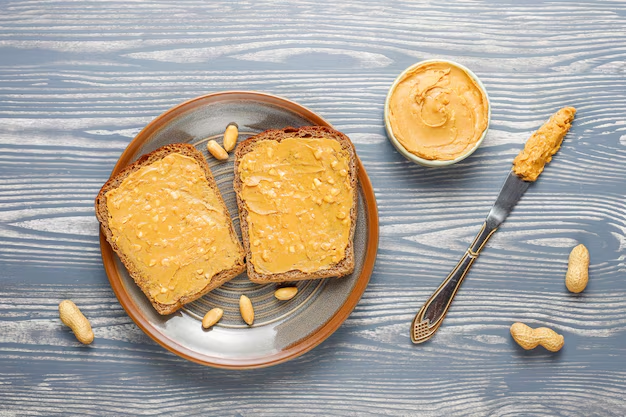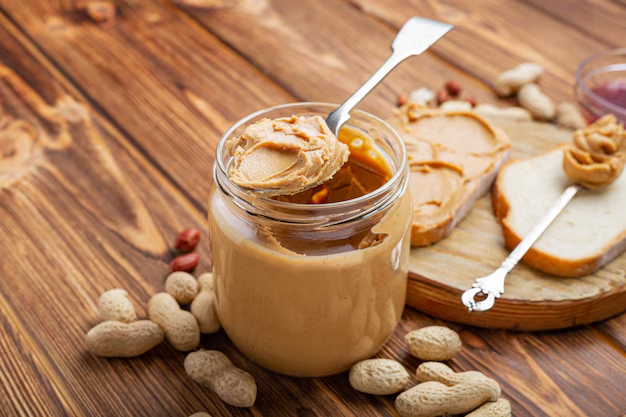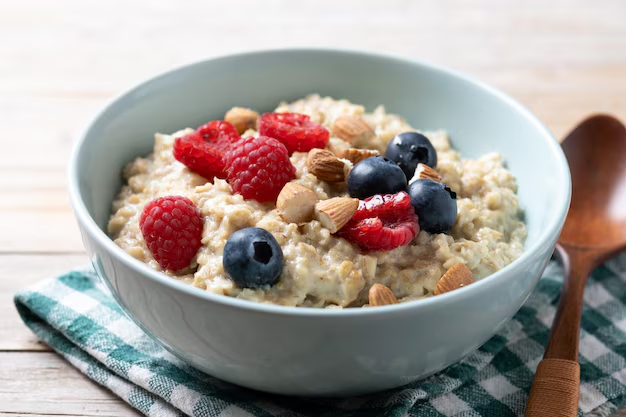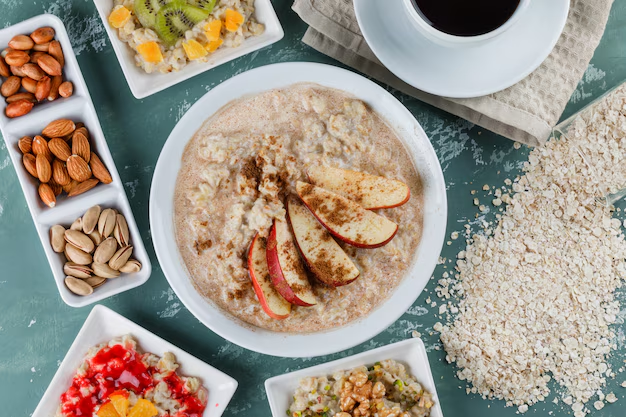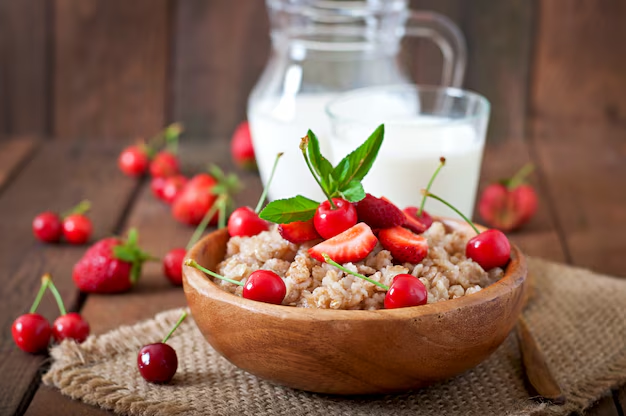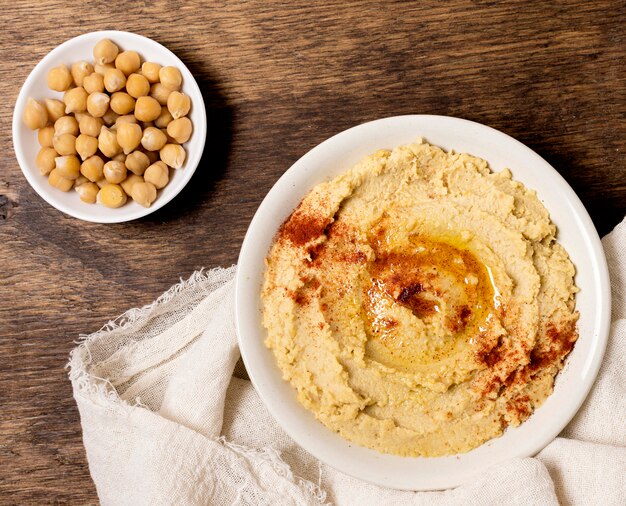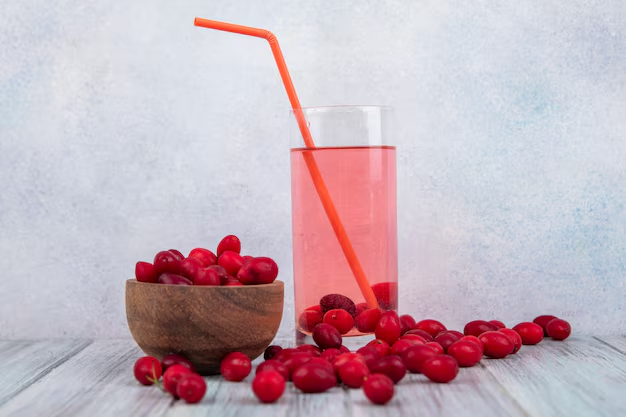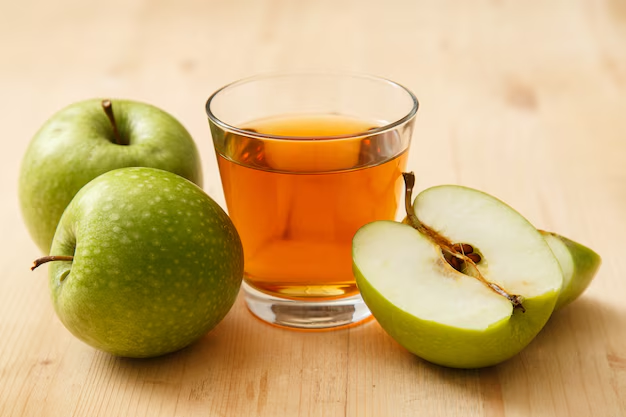Weight loss is one of the most common health goals worldwide, but it’s often clouded by misconceptions about sugar and natural sweeteners. Many assume that avoiding all sweeteners is the only way to shed pounds. However, replacing refined sugar with natural alternatives like honey has gained popularity.
So, is honey good for weight loss? The answer lies in honey’s unique combination of nutrients and its ability to provide sweetness without the harmful effects of processed sugar. This article delves into why honey may be a beneficial addition to your weight loss journey and how to use it effectively.
Honey for Weight Loss or Weight Gain?
The effect of honey on weight depends on portion control. Consuming honey in moderation can boost metabolism and improve digestion, both critical for weight management. Overeating, however, may lead to weight gain. Portion control is essential to reap its benefits.
Honey’s natural sugars are digested more slowly than refined sugar, providing sustained energy and reducing sudden blood sugar spikes. Studies show that honey can improve metabolic health, making it a suitable alternative for those seeking to lose weight.
Benefits of Honey for Weight Loss
Let’s discuss how honey is good for weight reduction.
Boosting Metabolism
Honey is rich in enzymes that help in breaking down fat and promoting digestion. Its antioxidant properties reduce oxidative stress, a factor linked to obesity. Enhanced metabolism means your body burns calories more efficiently, even at rest.
Reducing Appetite
One of honey’s standout qualities is its ability to suppress appetite. The natural sugars in honey trigger the release of hormones that signal fullness, helping to reduce overeating. This balance in blood sugar levels also prevents sudden cravings for unhealthy snacks.
Detoxification
Drinking honey with warm water is a popular detox method. This mixture helps flush out toxins from the body, improves digestion, and supports weight loss.
Is Honey Water Good for Weight Loss?
Yes! Honey water is an excellent way to kickstart your metabolism in the morning. It also keeps you hydrated and energized throughout the day.
Unique Honey Beverages
The honey beverages mentioned below can prove helpful in reducing extra calories.
Honey Citron Tea
This tea combines honey and citrus fruits rich in vitamin C. Not only does it aid in digestion, but its soothing properties also make it an ideal drink for managing stress, a common cause of weight gain.
Lemon and Honey
A classic combination, lemon juice, and honey are known to complement each other in weight reduction efforts. Lemon’s citric acid boosts fat metabolism, while honey provides sustained energy.
How to Use Honey for Weight Loss?

Let’s discuss different ways of using honey to lose weight.
Honey at Night
Consuming honey before bed may reduce nighttime hunger pangs. It also helps improve sleep quality by fueling the brain during rest. Better sleep supports hormonal balance, which is crucial for weight management.
Honey in the Morning
Starting your day with a glass of warm water and honey can activate your metabolism. This simple ritual helps in burning calories throughout the day and promotes digestive health.
Versatile Ways to Use Honey
Honey is incredibly versatile. You can add it to:
- Tea or coffee for a healthier sweetener.
- Smoothies for added flavor and nutrients.
- Yogurt or oatmeal as a natural topping.
Honey Varieties and Their Impact on Reducing Weight
There are different varieties and brands of honey that impact weight loss in a different manner.
- Raw Honey
Raw honey is unprocessed and retains more nutrients compared to regular honey. Its higher antioxidant content makes it particularly effective in supporting weight loss.
- Manuka Honey
Known for its antimicrobial properties, Manuka honey is another excellent choice. Its unique compounds not only promote health but also aid in managing weight by improving digestion.
- Commercial Brands
Brands like Dabur honey are widely used, but their effectiveness depends on purity and processing. Always opt for organic or raw varieties to ensure maximum benefits.
Combining Honey with Other Foods
Honey’s versatility makes it easy to pair with various healthy foods, enhancing its benefits for weight loss. These combinations offer balanced nutrition, promote satiety, and add flavor to your diet without resorting to unhealthy sweeteners. Let’s explore how honey complements specific foods.
Is Oatmeal with Honey Good for Weight Loss?
Yes, oatmeal with honey is an excellent choice for weight loss. Oatmeal is rich in fiber, particularly beta-glucan, which helps keep you full for longer. This prevents overeating and promotes a steady release of energy throughout the day.
Adding honey to oatmeal not only sweetens the dish naturally but also provides antioxidants and minerals. Honey complements the slow-digesting carbohydrates in oatmeal, balancing blood sugar levels. Together, they create a wholesome breakfast that keeps hunger at bay while fueling your metabolism.
Is Greek Yogurt with Honey Good for Weight Loss?
Absolutely! Greek yogurt and honey make a power-packed duo for weight loss. Greek yogurt is high in protein, which helps build muscle and increases satiety. When combined with honey, it offers a hint of natural sweetness, reducing the need for refined sugars.
This combination is ideal as a breakfast, snack, or dessert. The probiotics in Greek yogurt improve gut health, aiding digestion—a key factor in effective weight loss. For added flavor and nutrients, consider topping this mix with fresh fruits or nuts.
Is Black Coffee with Honey Good for Weight Loss?
Black coffee with honey can be a potent tool for weight loss. Coffee is known for its caffeine content, which boosts metabolism and promotes fat burning. Adding honey instead of sugar to your coffee reduces calorie intake while providing a steady source of energy.
However, moderation is crucial. Too much caffeine or honey can lead to jitteriness and excessive calorie consumption. One cup of black coffee with a teaspoon of honey can offer the perfect balance to kickstart your morning metabolism.
Is Tea with Honey Good for Weight Loss?
Yes, tea with honey is not only soothing but also beneficial for weight loss. Green tea, in particular, pairs well with honey. Green tea contains catechins, antioxidants that enhance fat oxidation. Adding honey amplifies these benefits by stabilizing blood sugar levels and reducing cravings.
Other teas like chamomile or ginger tea can also benefit from honey. These combinations improve digestion and promote relaxation, indirectly supporting weight management. Replace sugar in your tea with honey to enjoy a guilt-free, nutrient-packed beverage.
Precautions and Considerations

While honey offers numerous benefits for weight loss, it’s essential to consume it responsibly. Overindulging can lead to excessive calorie intake, which counteracts its weight loss benefits. Here are some key considerations:
The Importance of Moderation
Honey is still a source of sugar and calories. One tablespoon of honey contains about 64 calories. Consuming more than the recommended amount can lead to weight gain rather than loss. Stick to 1-2 tablespoons per day for optimal benefits.
Is Honey Good for Diabetes?
For diabetics, honey may seem like a natural alternative to refined sugar, but caution is necessary. Honey has a lower glycemic index than sugar, meaning it causes a slower rise in blood sugar. However, it still affects blood glucose levels and should be used sparingly.
Diabetics should consult a healthcare provider before incorporating honey into their diet. Alternatives like stevia or erythritol may be better options for those managing blood sugar levels.
- Quality Matters
Not all honey is created equal. Choose raw, unprocessed honey for the highest nutritional value. Processed honey often contains added sugars, reducing its health benefits and making it counterproductive for weight loss.
FAQs
Is raw honey better than processed honey for weight loss?
Raw honey is better for weight loss as it retains natural nutrients and enzymes, aiding digestion and metabolism. Processed honey often loses these benefits due to heat treatment, making it less effective for weight management.
How much honey should I eat daily to lose weight?
Consume 1-2 teaspoons (5-10 grams) of honey daily as part of a balanced diet. Pair it with warm water or lemon for added benefits. Overconsumption may add unnecessary calories, hindering weight loss efforts.
Is Honey Good for a Weight Loss Diet?
Honey is good for a weight loss diet when consumed in moderation. Its natural sugars provide quick energy, while its antioxidants and enzymes support metabolism, promoting fat-burning when combined with a healthy lifestyle.
Can I replace sugar with honey for weight loss?
Yes, replacing sugar with honey can aid weight loss. Honey is a natural sweetener with fewer calories and more nutrients than sugar, reducing overall calorie intake and offering health benefits when used in moderation.
How Long Does Honey Take to Lose Weight?
The timeline for weight loss with honey varies based on diet and exercise. Using honey regularly with a calorie-controlled diet may show noticeable results in 2-4 weeks, depending on individual metabolism and lifestyle.
Conclusion
Is honey good for weight loss? Absolutely—when used in moderation as part of a balanced diet. Its natural sweetness, coupled with nutrients and antioxidants, makes it a superior alternative to refined sugar. By incorporating honey into meals, beverages, and snacks, you can enhance flavor while supporting your weight loss goals.
Pairing honey with nutrient-dense foods like oatmeal, Greek yogurt, or tea further amplifies its benefits. Remember, portion control and consistency are key. While honey is no miracle solution, it can be a valuable ally in your weight management journey.










